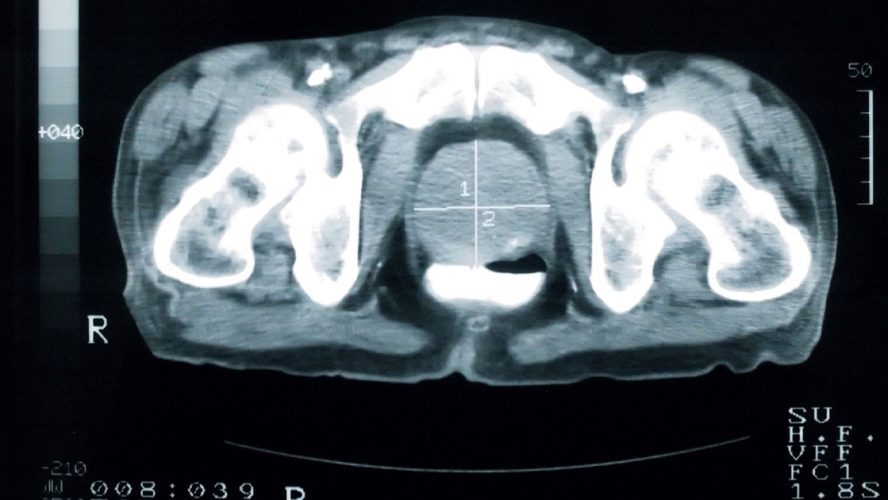
Jamie Bearse
President & CEO, ZERO – The End of Prostate Cancer
This Men’s Health Month, it’s important to learn your (or your loved one’s) risk of prostate cancer, since more men than ever before are expected to be diagnosed with the disease this year.
Prostate cancer cases are expected to reach a historic high this year, with new diagnoses jumping an alarming 30 percent from last year, with nearly 250,000 men learning their life is about to change due to a prostate cancer diagnosis. And, sadly, there’s a 3 percent rise in prostate cancer deaths anticipated this year — deaths that may have been prevented if the cancer was caught early. When prostate cancer is caught early, survival rates are nearly 100 percent. But, when caught late, survival rates drop to a startling 30 percent.
Remaining vigilant
More than a quarter of men who will pass from cancer this year will be prostate cancer patients, making it the second leading cause of cancer death among American men. Talk to your doctor about getting screened for prostate cancer and make an informed decision on your treatment plan. It’s important to discuss your family history of prostate and other cancers, as well as other key risks such as race, military service, or chemical exposure, with your physician.
You can reduce your risk of life-threatening prostate cancer by taking steps to promote your overall health — like eating a balanced diet with an emphasis on plant-based meals, exercise, and maintaining a healthy weight.
Starting the conversation
This year, a man will be diagnosed with prostate cancer every two minutes, and a man will pass from the disease every 15 minutes. Talk to your physician and the other men in your life about the importance of early detection for prostate cancer. Starting the conversation can be all it takes to open the door to a lifesaving health intervention for you or someone you know and love. Learn more about prostate cancer screening and find a testing site near you at zerocancer.org.

